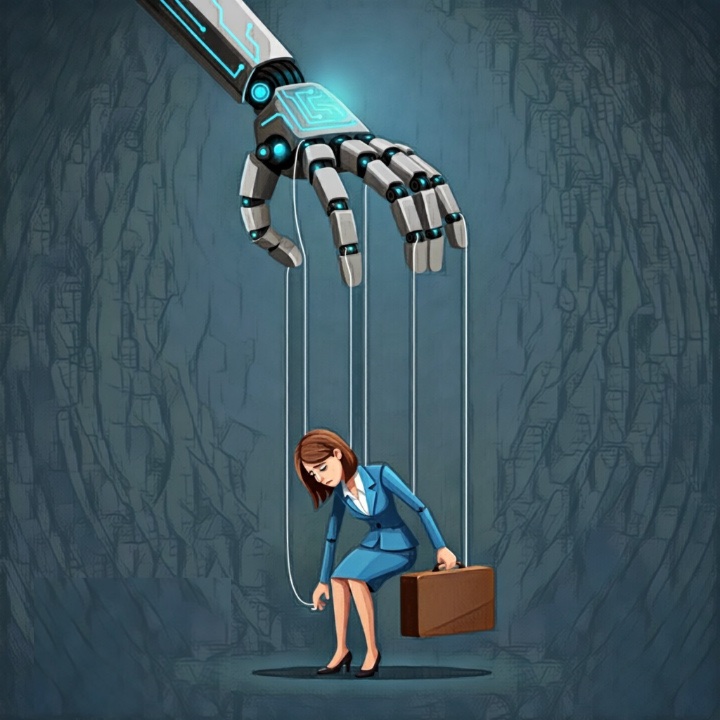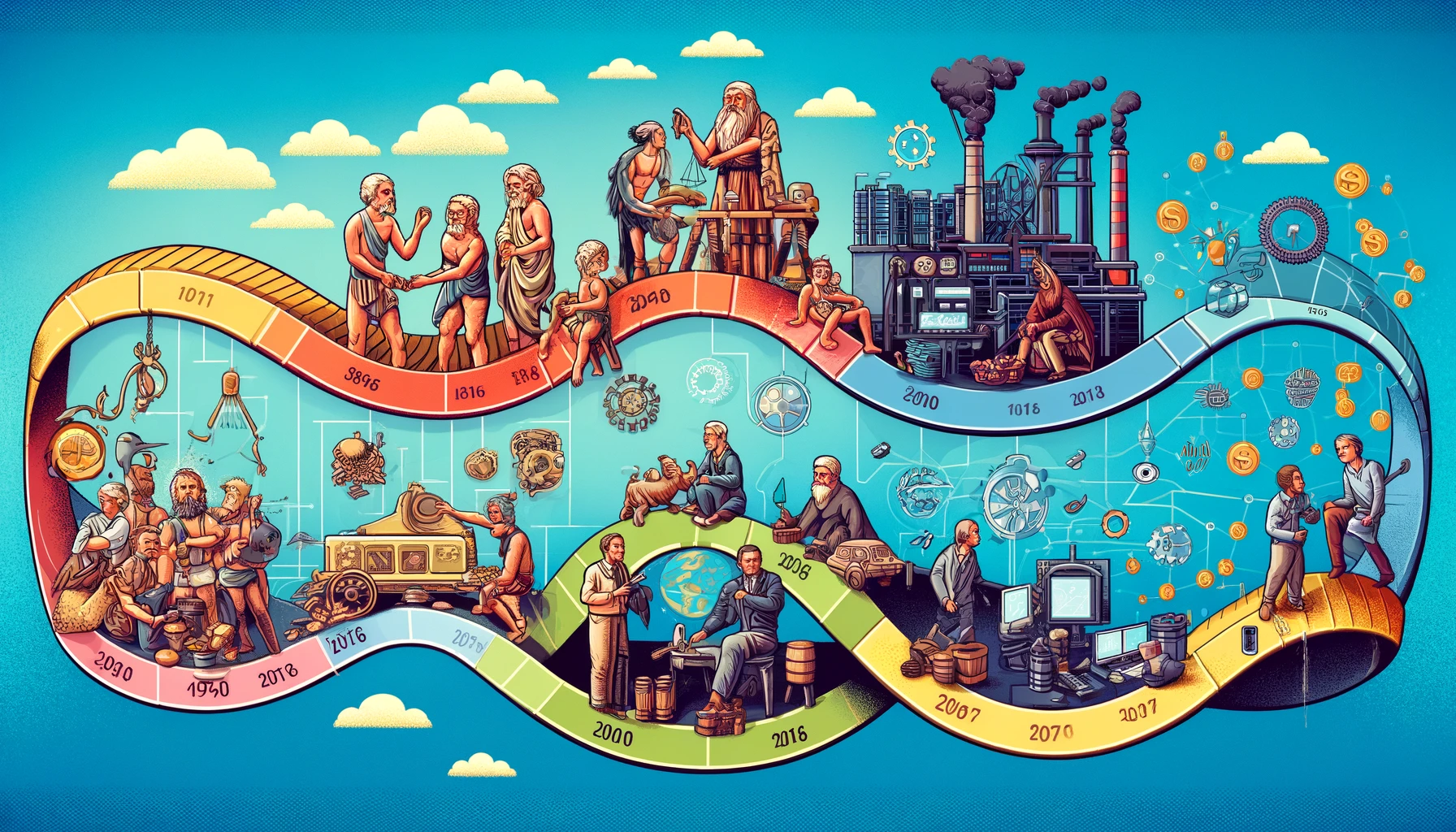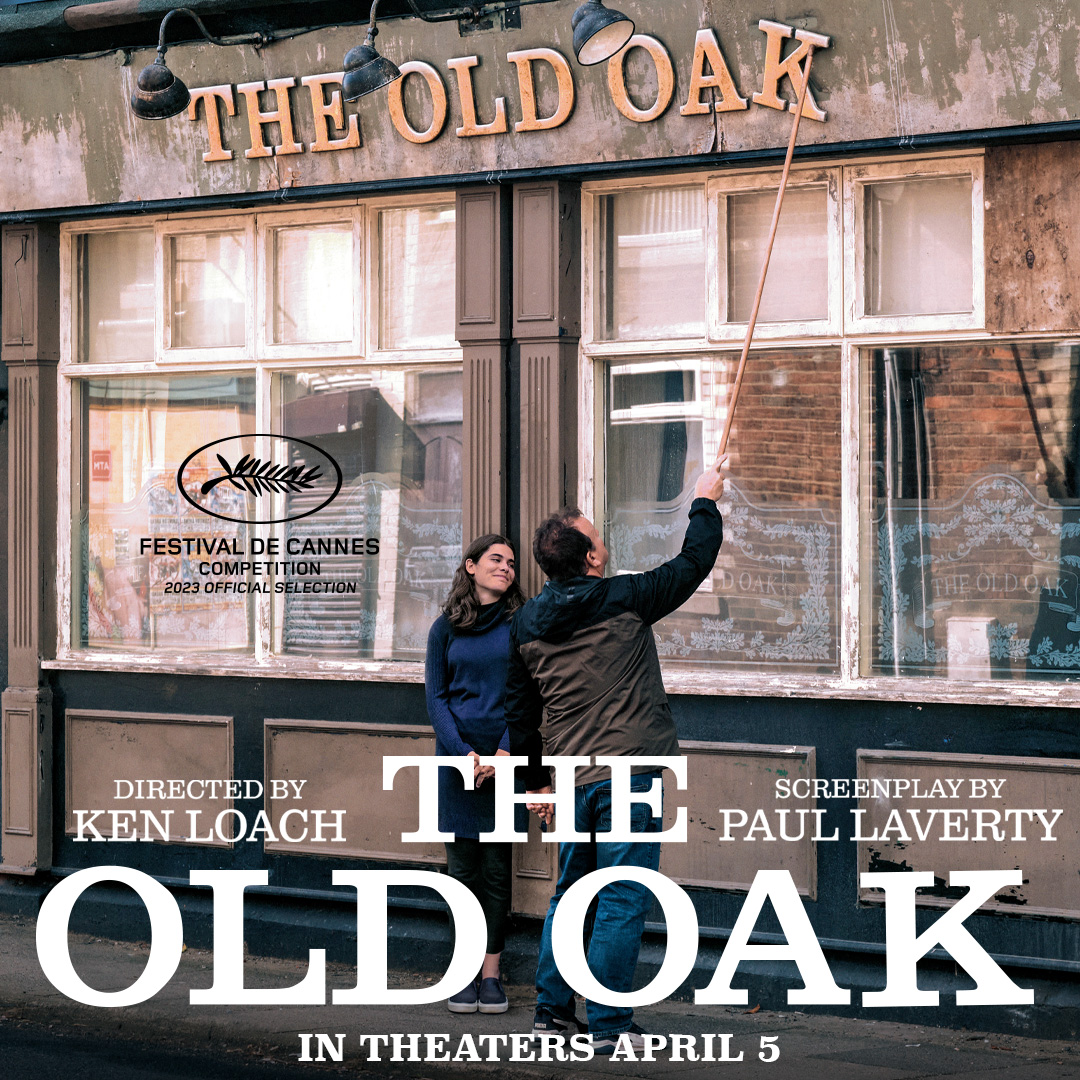Journal of Work and Ideas
Volume – 2024

Non-competes and Other Restraints – Is It Time For Reform of Australian Law?
By Joellen Riley-Munton
Article 2024/11
Workers as varied as hairdressers, childcare workers and yoga instructors are now commonly required to sign commitments that they will not work for any competing business after resignation, and businesses are increasingly able to enforce them. Is the law governing the enforcement of post-employment restrictive covenants suppressing competition and innovation in the Australian economy?
The general historical common law protections against enforcing restrictive covenants have been eroded over time. This ‘explainer’ outlines the problem, as it is perceived in the government’s current Competition Review Issues Paper, gives an overview of different perspectives on the issue, and indicates potential law reforms.
AI Generated Image

Ban Advanced Future AI Before It Is Too Late? – The Existential Risk Observatory On Advanced AI
By James Fleming
Article 2024/10
How scary is advanced AI? So scary it seems that Otto Barten quit his career as a physicist and sustainable energy engineer to set up a think tank called the Existential Risk Observatory dedicated to stopping it from ever emerging.
In this article, part of a series in the lead up to this year’s Ron McCallum Debate on AI and work, the Journal of Work and Ideas (JWI) picks Otto’s brains on the dangers of the rapid and largely unchecked advances in AI, and what we should do about them. You might be wondering if the promise of sophisticated AI to solve poverty, address climate change and to enhance science and medicine is too great to warrant pausing its development. However, Otto does not think so – he believes that the dangers are simply too great. When should we pause progress in AI sophistication? In his view, possibly, already in a few years.
AI Generated Image

AI in the workplace: Trick or Treat? – JWI ‘interviews’ Chat GPT
By Keith Harvey
Article 2024/09
In the lead up to this year’s Ron McCallum Debate on AI and its impact on workplaces, the Journal of Work and Ideas decided to speak directly to an expert source, AI itself. The following interview was conducted with Chat GPT. The answers have been edited for length but otherwise not altered in any way. The answers given are the views of ChatGPT.
Its responses are quite a good summary of some of the present key issues and rather revealing.
Image generated by ChatGPT4 as a “portrait of itself at work”.

‘Science Fiction is the Realism of Our Time’ – interview with Kim Stanley Robinson
By Keith Harvey
Article 2024/08
Kim Stanley Robinson, affectionately known as ‘KSR’ by his literary fans, is an award-winning American sci-fi author of more than 20 books with a committed following. His novels tackle current economic, social and environmental issues using the science fiction genre to explore future possibilities. Through his books, KSR considers present-day policy settings that might make better economic futures and avoid climate catastrophes.
In this interview, KSR gives fascinating reflections on some of the most intriguing and boundary-pushing ideas in his novels, from alternative economic systems to worker co-operatives and climate change politics, to the nature of science fiction and utopian literature.
Stylised image based on Hatchette Australia’s.

New Rights for Workplace Union Delegates and the Ambiguous Impact on Delegate Education and Training
By David Peetz
Article 2024/07 Generated Image
What impact will the new regime of delegates’ rights introduced by the Fair Work (Closing Loopholes No 1) Act have on training and employee voice? Professor Peetz argues training needs to be backed by follow up and organiser mentoring and if extra training occurs at the expense of this, the impact of the new regime on employee voice might be reduced.

Election Analysis – A New Deal for Workers in the UK?
By Keith Harvey
Article 2024/06 AI generated image
What would a Labour Government mean for workers and industrial relations in the UK? Keith Harvey analyses the IR commitments of the Labour party (as likely winner, including sectoral bargaining, living wage and enforcement commitments.

Book Review – The Shortest History of Economics, Black Inc, 2024
By Keith Harvey
Article 2024/05 AI generated image
In this review, Keith Harvey dissects Andrew Leigh’s recent “The Shortest History of Economics,” praising its accessible approach to tracing human economic development while highlighting some of the book’s limitations.

Film Review – A Fitting Farewell: Ken Loach’s The Old Oak, and his Magnificent Legacy of Social Critique
By James Fleming
Article 2024/04 Image courtesy of Zeitgeist Films.
In this review of Ken Loach’s last and final film, ‘The Old Oak’, James Fleming explores the film’s nuanced examination of immigration and working-class xenophobia but also the potential for solidarity in post-Brexit Britain. It is an impressive finale to Ken Loach’s illustrious career and one of a number of his films that reflect intelligently on work and socio-economic change from a working class perspective.

Respect@Work: Isolated or Integrated Frameworks Between the Positive Duty and Termination of Employment?
By Nicola Street
Article 2024/03 AI generated image
Abstract: Australia’s multi-jurisdictional Respect@Work reforms address the widespread issue of workplace sexual harassment. This article examines the alignment between the Sex Discrimination Act’s (Cth) new positive duty on employers and related Fair Work Commission (FWC) decisions on sexual harassment dismissals. Potential misalignments between jurisdictions could impede efforts towards prevention and accountability. Importantly, there remains no single, nationally consistent framework exhaustively addressing workplace sexual harassment, highlighting a need for employer vigilance across multiple legal domains.
From the editors
In these first two articles for 2024 of the Journal of Work and Ideas, Ron McCallum and Liam O’Brien reflect on the themes of voice and inclusion, expanding upon their thought-provoking speeches at the 2023 Ron McCallum Debate on Voices and Work:

Workers' Voice – a Matter of Life and Death
By Liam O’Brien
Article 2024/02 AI generated image
Abstract: Only collective worker voice can ensure fair wages and safe workplaces and also protect dignity and diversity at work. The decline in real wages and collective bargaining in recent years is the result not only of inflation but the collapse of collective bargaining and an unfair industrial relations system that allows the suppression of wages through loopholes, as highlighted by Qantas’ use of labour hire. Loopholes in the system also create unsafe and even deadly workplaces as shown by the ongoing issues with silicosis caused by handling engineered stone.

Moving The Dial: Employing People with Disabilities
Abstract: Despite increased education, technology, and legal protections, the labour force participation rate for people with disabilities in Australia remains much lower than the general rate and has been stagnant for many years. Ron McCallum reflects on why this is so, his own disability, the sheltered workshops of the past, and the impact of technological and legal changes on the employment of people with disabilities. He discusses the National Disability Insurance Scheme and the Royal Commission’s recommendations for bridging the persistent employment gap.
Volume – 2023

Compensating Work Injuries for Precarious Workers: an Historical Perspective
Abstract: Media attention to serious accidents affecting on-demand food delivery workers has prompted debate about whether (and if so how) such workers should be provided with insurance coverage for work-related injury. This article reviews current workers’ compensation laws in the Australian states, and interrogates the historical rationale for the introduction of special provisions deeming certain kinds of workers as ‘employees’ for the purpose of coverage notwithstanding that they were not engaged under employment contracts. We discover that arguments which convinced parliaments in the 1900s, 1920s and 1950s to include the likes of ‘tributers’ and ‘pick up’ workers in the past, are equally persuasive today.
About the Journal
The Journal of work and Ideas aims to promote the public interest by publishing quality research and commentary that furthers debate and knowledge in work and industrial relations theory and practice and related themes, especially research and commentary that promotes debate around decent work and conformity with fundamental and international labour standards. As well as work and industrial relations, the scope of the journal covers associated issues such as employment, current and emerging business practices, union representation, political economy, and the future of work and digitisation, as well as related social and environmental topics, including all forms of inequality, as well as discrimination, inclusion, and climate change as it affects work and work relations. The journal, its editors and contributors are covered by a Code of Ethics.
To be notified of new articles, subscribe to our newsletter below. Email us to inquire about making a submission to the journal: admin@aierights.com.au. Submissions are accepted from academics, students and practitioners on topics relating to industrial relations, human resources, labour law, labour economics, political economy and work-related issues.
Disclaimer: The Journal of Work and Ideas is a forum for debate and dialogue between a range of views on industrial relations, human resources, economics, political economy, labour law and related issues. The views expressed in the Journal of Work and Ideas are those of the authors only. They do not represent the views of the journal, its editors, nor the AIER.
Contact
214 Graham Street,
Port Melbourne, Victoria, 3207
+613 9647 9102
admin@aierights.com.au
more contacts
We respectfully acknowledge that AIER operates on the lands of the Wurundjeri people, traditional owners and continuing custodians of this land.
Newsletter
